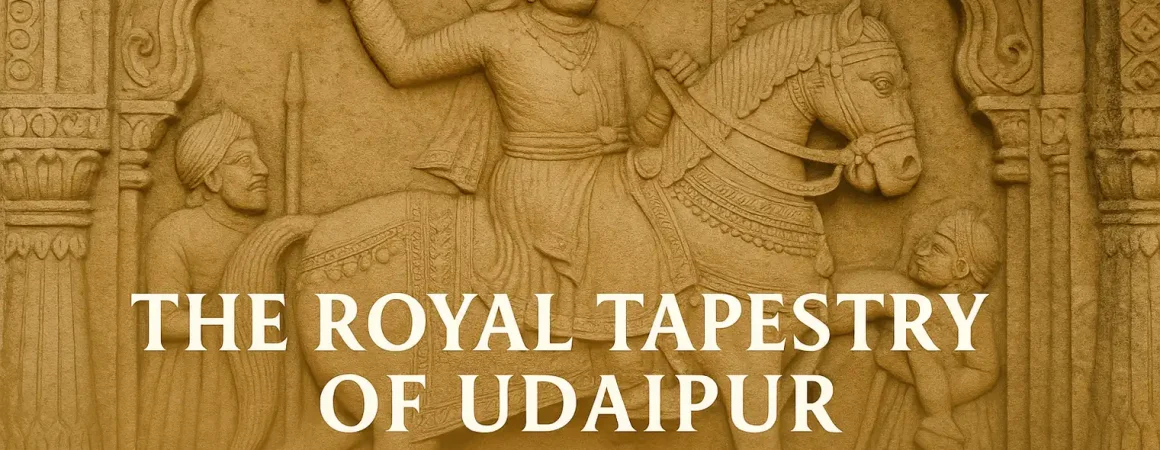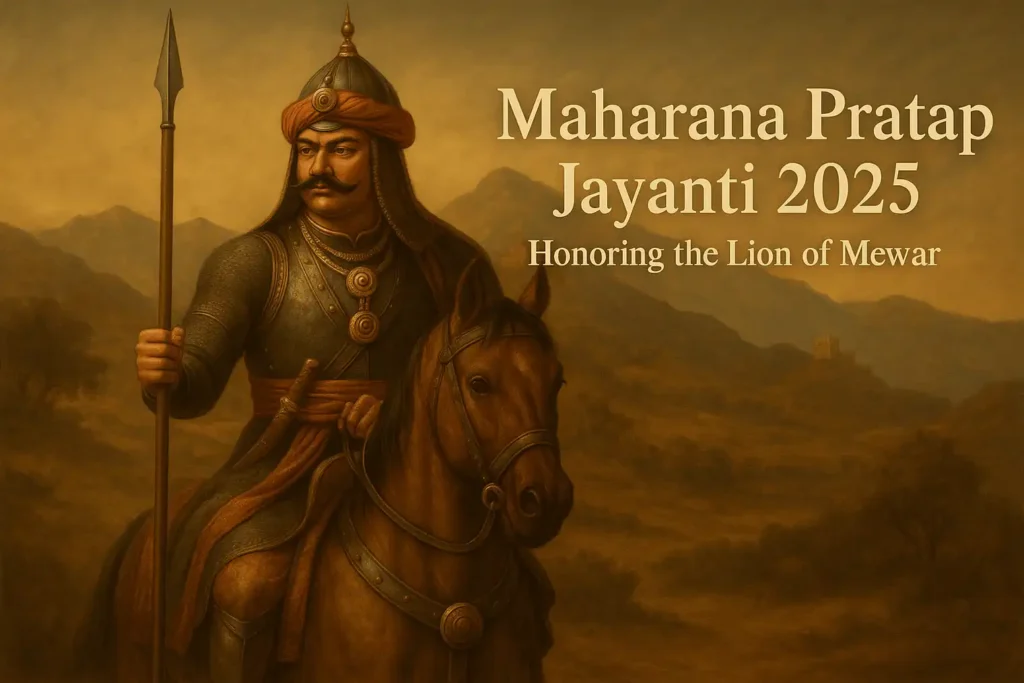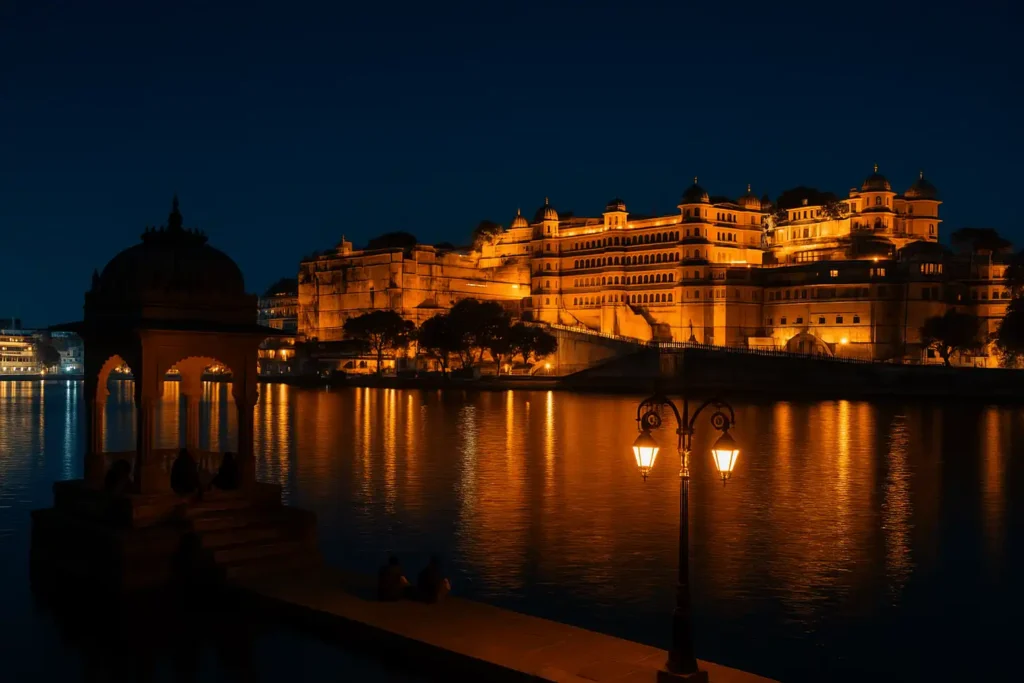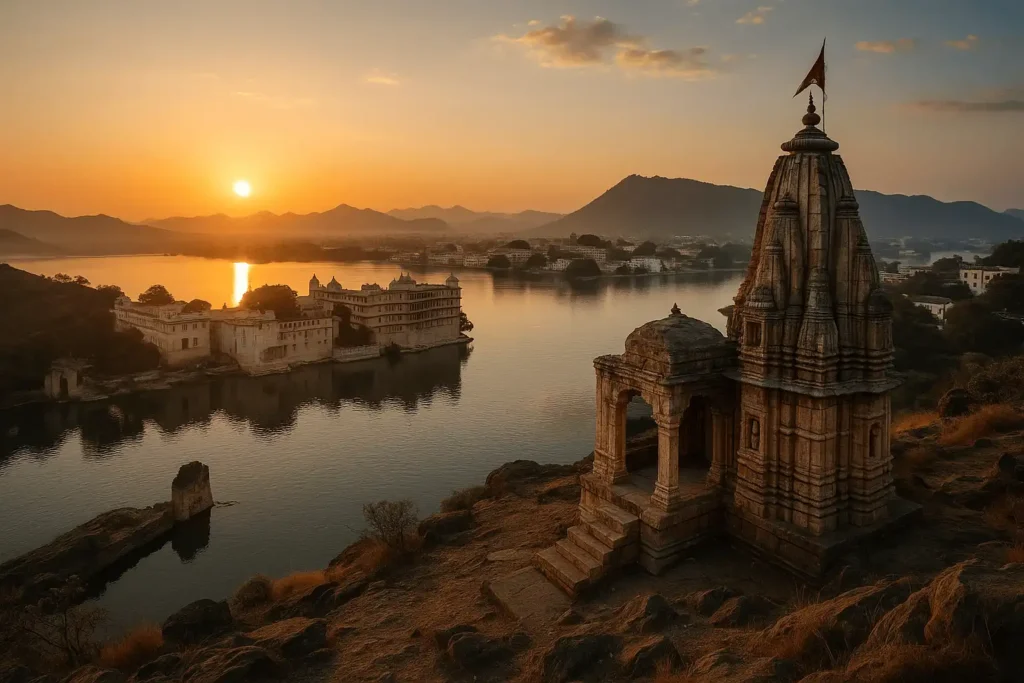
The Royal Tapestry of Udaipur: Unfolding the City’s Glorious History
Before the luxury hotels, dreamy lakeside cafes, and Instagram-worthy sunsets, Udaipur was a city forged in fire and valor. Its history is not just royal—it’s revolutionary. Udaipur wasn’t built for beauty; it was born out of resistance, legacy, and fierce pride.
Let’s rewind time and trace the incredible journey of Udaipur, the capital of the Mewar Kingdom—the only Rajput dynasty that never surrendered to the Mughals.
1. The Birth of a City: Udai Singh II & the Rise of Udaipur
In 1559, Maharana Udai Singh II founded Udaipur after the historic fall of Chittorgarh to Akbar. Nestled among the Aravallis and surrounded by natural defenses, Udaipur was envisioned as a safe and strategic new capital of Mewar.
According to legend, a hermit meditating on the banks of Lake Pichola blessed the king and declared the spot auspicious. Udai Singh took his words seriously—and thus, Udaipur was born.
2. The Spirit of Mewar: Maharana Pratap’s Legacy
No tale of Udaipur is complete without Maharana Pratap, the lionhearted warrior who chose resistance over compromise. His legendary battle against the Mughal army in Haldighati (1576) became a symbol of Rajput bravery. Even today, his name invokes pride across Rajasthan.
You can visit the Moti Magri hill where a bronze statue of Pratap astride his horse Chetak watches over the city—forever reminding us of his undying courage.
3. Forts, Palaces & Power: A City of Strategic Grandeur
Udaipur’s architecture is not just about beauty—it’s a reflection of resilience and tactical genius.
- City Palace: Built over 400 years by multiple rulers, it’s one of the largest palaces in India. Every corridor, courtyard, and jharokha whispers tales of war councils, royal ceremonies, and political intrigue.
- Kumbhalgarh Fort: Just outside Udaipur lies this UNESCO World Heritage Site. With the second-longest wall in the world after the Great Wall of China, it was the birthplace of Maharana Pratap and the strongest bastion of Mewar.
4. Udaipur’s Diplomacy and the British Era
Unlike many princely states, Mewar retained its pride even during British rule. The Maharanas of Udaipur entered into alliances with the British—but never as subordinates. This strategic diplomacy ensured the preservation of Udaipur’s autonomy and cultural legacy.
5. Post-Independence: Udaipur’s Transition to Modern Royalty
After independence in 1947, the royal family merged with the Indian union. Yet, unlike many princely families, they remained custodians of heritage. The City Palace is still partly inhabited by the descendants of the Mewar dynasty and maintained by the Maharana of Mewar Charitable Foundation.
Today, Udaipur’s luxury hotels, museums, and cultural festivals are not just tourist attractions—they’re part of an ongoing legacy.
6. The Living Legacy of Mewar
Walk through Udaipur, and you’ll find history breathing through its walls. Locals still revere the Mewar rulers, and festivals like Mewar Festival in spring celebrate both royal tradition and modern culture. Udaipur is not frozen in the past—it lives its history proudly.
Final Thoughts: A City Built by Courage, Preserved by Pride
Udaipur is more than scenic lakes and marble palaces. It’s the beating heart of a dynasty that stood tall against empires. Its history is not in textbooks—it’s etched into the stones of its ghats, echoed in the folk songs, and alive in the pride of every local.
So next time you visit, don’t just look—listen. The city still speaks.







No comment yet, add your voice below!